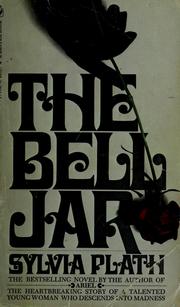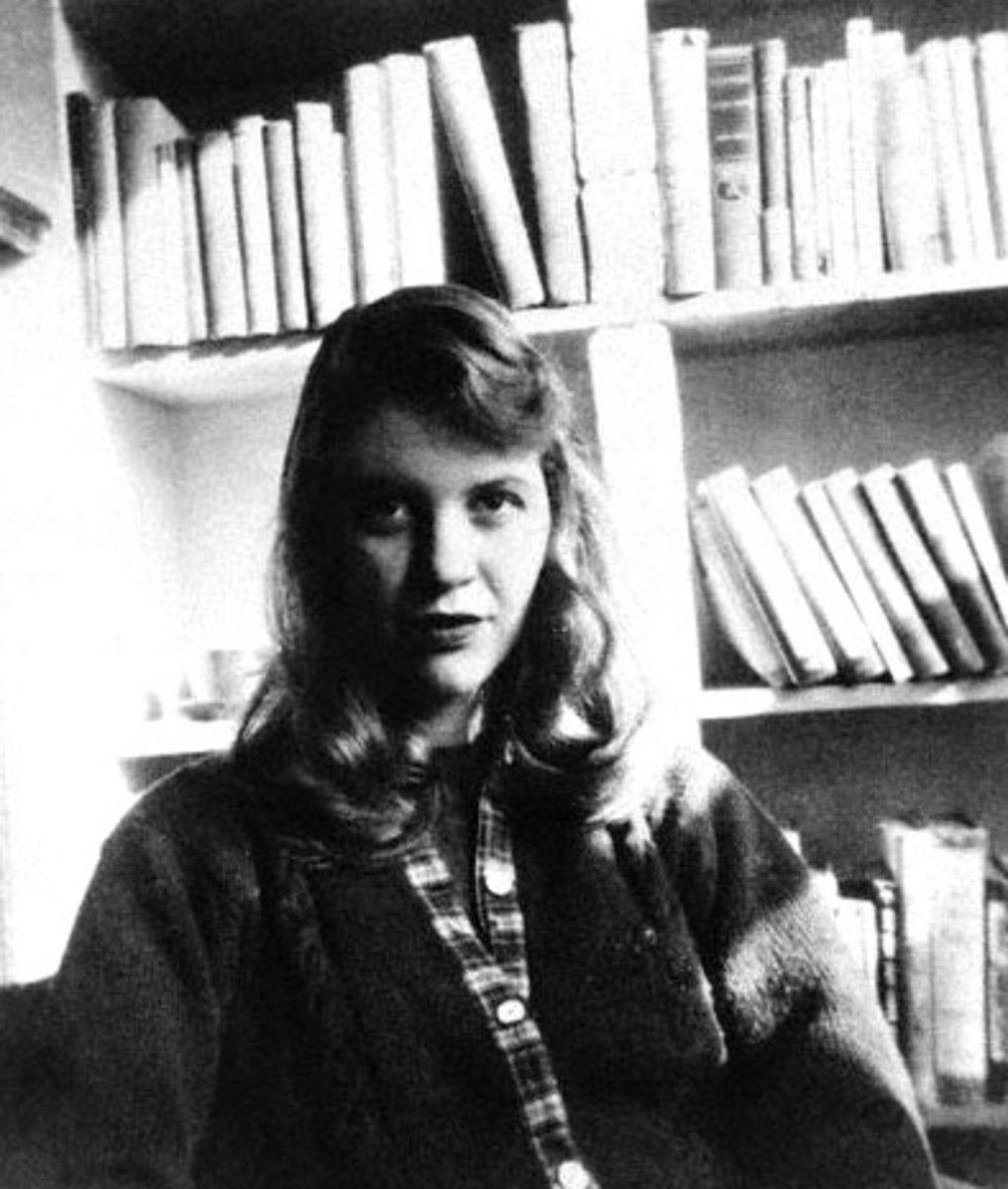I Happened Upon the Bell Jar

And so it goes
Since the day I happened upon The Bell Jar, a decade or more ago, I have held a seething hatred for Ted Hughes. My mind, wrought with steel, would not-could not- allow a hint of forgiveness nor an ounce of generosity for the brute who took my love, my poet, from this world. In this world, she adored every movement of his neglectful step. In this life, Sylvia Plath lived for him; in this life she died for him.
As time goes on, as we salute the sun each day, we become too familiar with resentment. Some of us grow weary of our reflection’s judgmental glare; others just decide it is now time to move forward. Either way, we eventually begin to release the hate that has pinned us to a statuesque moment of time, if we are lucky. And so I began to pick the lock of my own dogged opinion, releasing the negativity surrounding the ill-fated Ted. With release came a bit of empathy and with empathy came the truest form of understanding.
What was once perceived by me as cruelty by a lover has matured into reprieve. I convinced myself to redirect my perception. In what once bore a protagonist’s outcry, my judgmental nature began to recede. Replaying the events of what was doubtlessly his life with her, I began to rewrite my ambiguous imagination. When I opened my eyes, I could see him as he danced with her demons. I could see in his melancholy eyes how he loved her. I witnessed his adoration of her- in the meager glimpses of herself she would oblige him with, I recognized a profoundly painful yearning in his gaze.
I could relate, immensely, to her decision. As if the wafted fragrance of gaseous death were in my own presence, I could see her making a resolution to die. I could connect with her in her most murky moments as she deliberated over this last gift to him. This gift, though macabre and selfishly imposed, was but a farewell to closeted devils and fiends in mascaraed. No matter how far his arm reached for her, the grasp could never hold. What lay beneath her spirited smile and milky exterior was something no one, not even her one greatest love, could recover. It was the source of all she wrote and the nemesis of all she cherished. It was a disease built on self-inflicted suffering of which there is no cure. As she circled the sun year after year, the disease followed. As she grew, the infectious despair grew and in her thriving despair grew vitality, of which did not belong to her. She fought with bristle and iron and was by all demonstration, a worthy opponent…right up to the moment she positioned her head in the tomb of her oven. One can only hope that the chamber brought with it peace.
As I began to let go of my displaced anger at her husband, I began to see Sylvia in my own reflection. As a sufferer of the same ruthless demons, could I blame anyone? Could I point fingers or riddle another with guilt earned by my own feeble hand? With every recollection and every retrospection, had I not been merely lucky to find myself surrounded, still, by breath and sunlight? How could I, in good conscience, turn my biting finger at a man who assuredly tried his best to soothe the monsters feeding on her mind? The answer was a blaring solitary one; I could not.
It seems we become the most passionate about that which is familiar. In familiarity, no matter how discomforting, we find comfort. It is a great paradox to many who suffer the same; she was no different. In Sylvia, I saw fragmented echoes that reminded me of my own bloodshed. I witnessed the same war persist in the depths of my core, but was lucky enough to hear a kingly voice say beneath it all, “You deserve to live.” Not everyone is that fortuitous and not all who battle are given the chance to hear such a noble cry, but it is there, howling for undying recognition. Listen for that familiar shout when the striking swords become too deafening.
My apologies to you, Ted Hughes, may you rest in peace.





